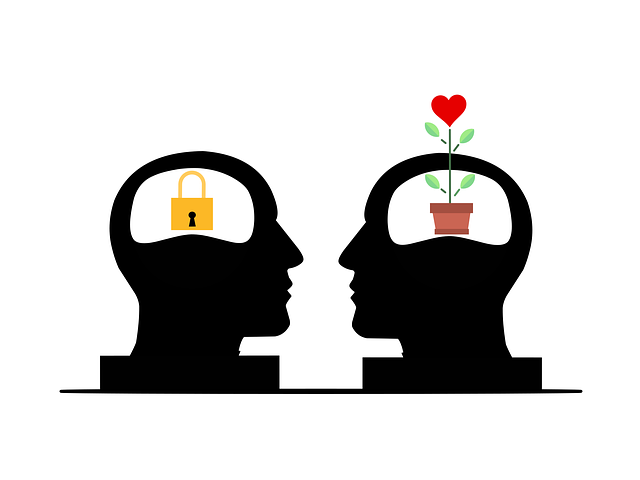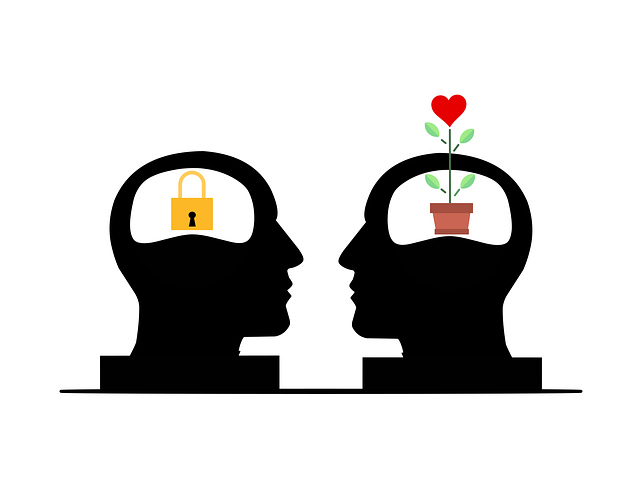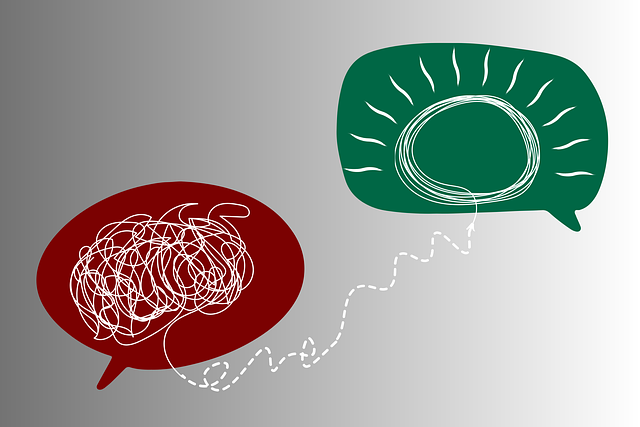In Denver, stigma around mental illness severely impacts adolescents, blocking access to crucial services like Denver Adolescent and Teen Therapy (DATT). This leads to feelings of isolation and shame. To combat this, organizations like the Stress Management Workshops Organization offer programs promoting education, positive thinking, emotional intelligence, and coping mechanisms, fostering empathy networks. DATT uses evidence-based approaches like cognitive behavioral therapy (CBT) in safe spaces, empowering teens through individual therapy, support groups, social skills training, and risk management planning to reduce stigma and encourage open dialogue about mental health.
In Denver, youth mental health faces a significant obstacle—stigma. This article explores comprehensive strategies to reduce this barrier, focusing on understanding its profound impact on young minds. We delve into effective approaches, emphasizing the critical roles of therapy and support groups in fostering an inclusive environment for adolescents struggling with mental illness. By examining these efforts, we aim to empower individuals, parents, and communities in Denver to break down stigma and promote open conversations surrounding adolescent and teen therapy.
- Understanding Stigma and its Impact on Youth Mental Health in Denver
- Strategies to Reduce Stigma: A Comprehensive Approach for Adolescents
- The Role of Therapy and Support Groups in Breaking Down Stigma Barriers
Understanding Stigma and its Impact on Youth Mental Health in Denver

In Denver, the stigma surrounding mental illness significantly impacts the well-being of adolescents and teens, hindering their access to critical Denver Adolescent and Teen Therapy services. This societal misconception often leads to young individuals feeling isolated, ashamed, or afraid to seek help for their struggles. Many youth internalize these negative perceptions, which can exacerbate existing mental health challenges, including anxiety, depression, and even suicidal ideation.
Efforts to reduce the stigma must address these underlying issues by promoting education and fostering an environment of positive thinking and emotional intelligence. Organizations like the Stress Management Workshops Organization play a vital role in this initiative by offering programs that teach young people coping mechanisms and help them build resilience against mental health adversity. By encouraging open conversations about mental illness, fostering empathy, and providing support networks, these initiatives can contribute to breaking down barriers and ensuring Denver’s adolescents and teens receive the care they need for thriving mental health.
Strategies to Reduce Stigma: A Comprehensive Approach for Adolescents

Reducing stigma surrounding mental illness is a multifaceted process that requires a comprehensive approach tailored to adolescents. One effective strategy involves education and open dialogue in schools and communities, where young people can learn about various mental health conditions, dispel myths, and foster empathy. Denver Adolescent and Teen Therapy (DATT) plays a crucial role by providing specialized services that address unique challenges faced by teens, focusing on mood management and emotional intelligence development.
Furthermore, encouraging self-care practices and burnout prevention among adolescents can significantly contribute to stigma reduction. DATT’s therapeutic interventions often incorporate strategies to enhance emotional resilience and coping mechanisms, empowering teens to manage stress and improve overall well-being. By combining these efforts, a supportive environment is created where adolescents feel understood, reducing the barriers associated with seeking help for mental health concerns.
The Role of Therapy and Support Groups in Breaking Down Stigma Barriers

Therapy plays a pivotal role in breaking down stigma barriers surrounding mental illness, offering individuals a safe space to express their feelings and concerns openly. Through structured sessions tailored to their unique needs, Denver Adolescent and Teen Therapy helps clients develop coping strategies, enhance self-awareness, and build resilience against stigmatizing beliefs. Skilled therapists employ evidence-based practices such as cognitive behavioral therapy (CBT) and mindfulness techniques to empower young people to manage symptoms and lead fulfilling lives.
Complementing individual therapy, support groups provide a sense of community and shared understanding, fostering connections among individuals facing similar challenges. These group settings encourage open dialogue, promote peer support, and dispel myths surrounding mental health issues. By participating in Denver Adolescent and Teen Therapy’s supportive networks or other specialized support groups, young people can gain valuable perspectives, build social skills, and reduce feelings of isolation often exacerbated by stigma. Additionally, engaging in activities like social skills training and risk management planning for mental health professionals can further strengthen these positive outcomes.
Mental illness stigma significantly impacts youth mental health, but through comprehensive strategies like education, therapy, and support groups, we can effect positive change. In Denver, adolescent and teen therapy plays a crucial role in breaking down barriers and fostering understanding. By implementing these approaches, we can create a more inclusive environment where young people feel supported and empowered to seek help without fear of stigma.














